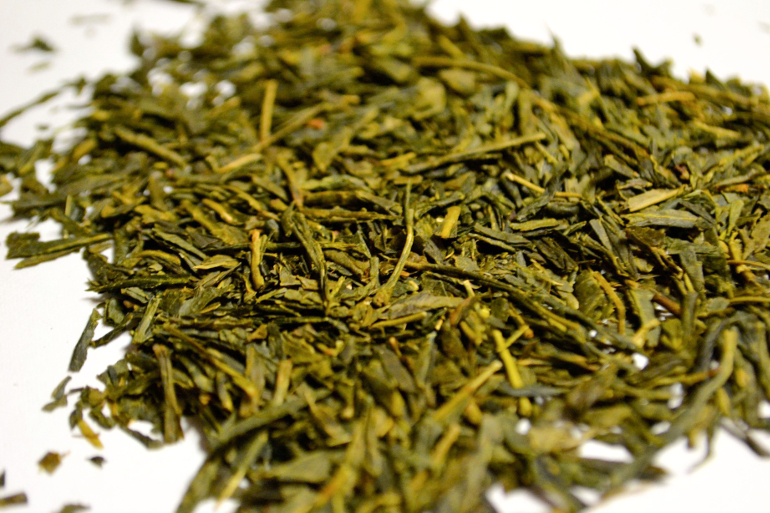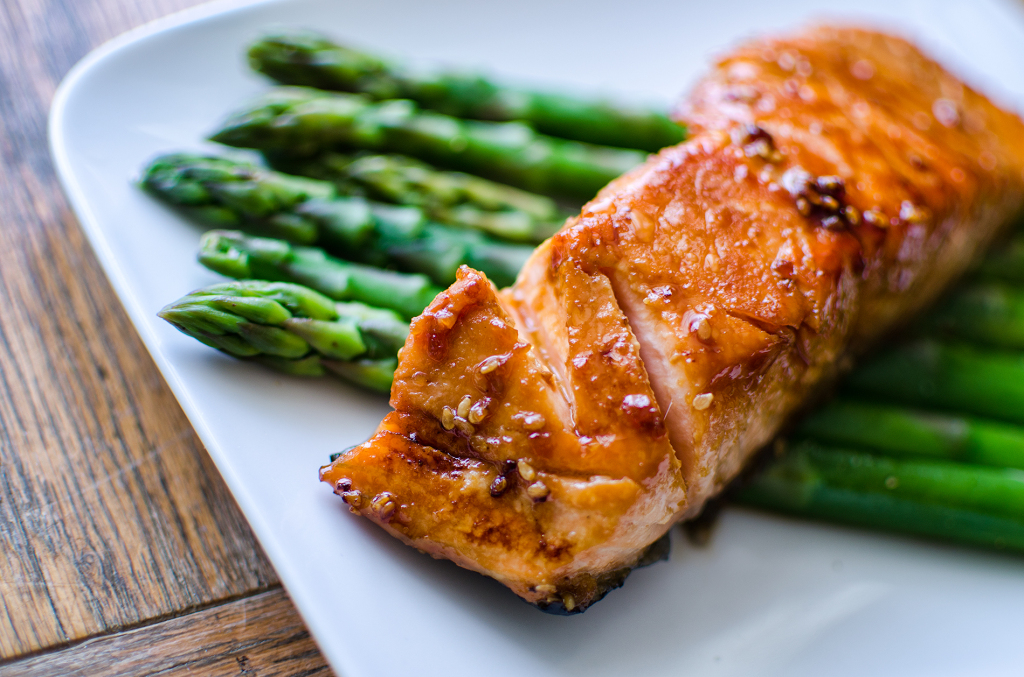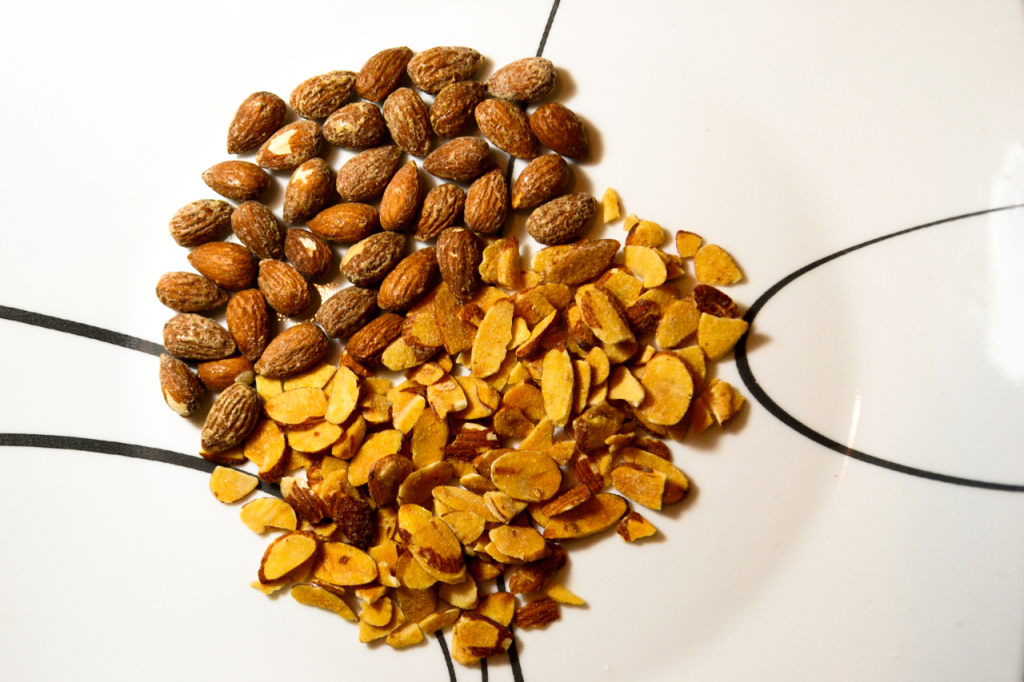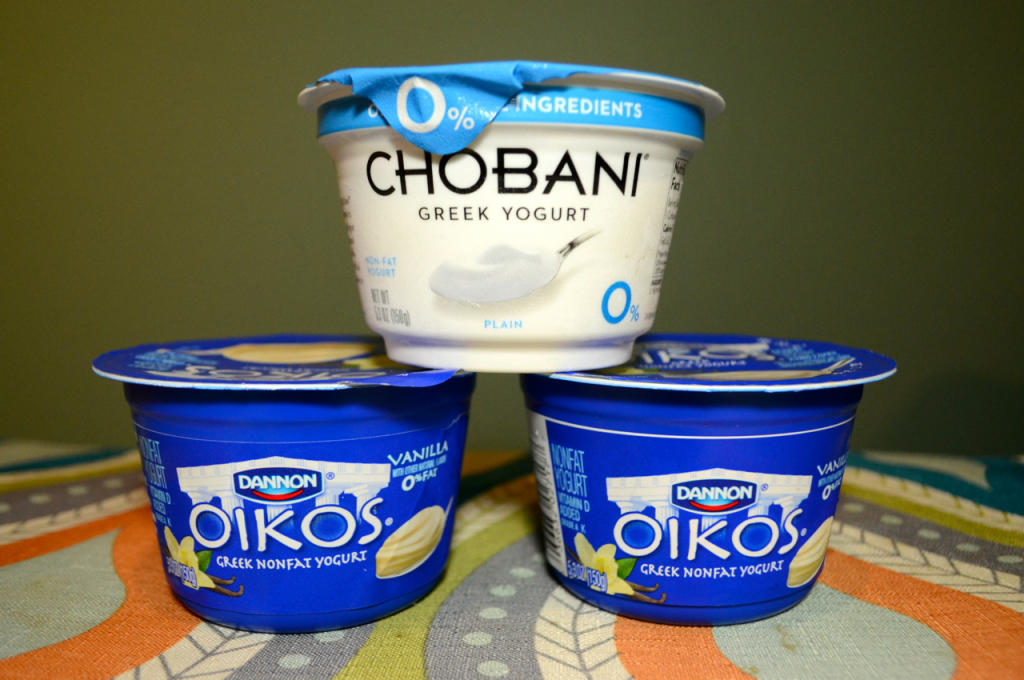Exams, meetings, office hours, essays, friends, relationships, family— it’s a lot to handle. Throwing healthy eating into that mix makes life even more insane. Trust me, I understand, it’s really, really difficult to eat healthy 24/7 in the midst of a hectic college lifestyle. But once you start to notice your pants tightening, your energy fleeting, and your stress increasing, there comes a point in which you need to jump back on the healthy bandwagon.
Plot twist: it’s not that hard to do it, either! Here are 5 foods that you can begin incorporating into your diet to help battle the struggles a college student’s body faces daily.
1. To Lose Weight: Green Tea

Photo by Meredith Simmons
Maybe it’s the stereotypical freshman (or sophomore, or junior, or senior) fifteen, but you may be starting to realize that those late night food trips to the Strip are getting to you. I’m sure you’ve heard that green tea promotes weight loss, but let’s talk about why.
Green tea contains caffeine (shocker!) which is a stimulant. Stimulants have many effects besides waking you up—they can give your metabolism a boost, aiding in fat burning. Before you ask—why don’t I just continuing downing coffee on a regular basis? Though it’s true coffee does have a higher caffeine content, unless you drink your coffee black, you’re bound to consume added sweeteners and milk.
Also, the extra amount of caffeine can get you pretty wired. You may find yourself on your high school friend’s girlfriend’s aunt’s Facebook Page, rather than working on your essay due at midnight. Add green tea to a healthy, balanced diet, and you’ll be back into your high school jeans in no time.
2. To Lower Stress: Salmon

Photo courtesy of Flickr user RobertDennis
Omega-3 fatty acids are a life saver. There’s been substantial evidence that these fatty acids (which are found in high amounts in salmon) can help relieve stress.
A part of your brain called the hippocampus, which controls learning and memory, contains synapses which make it more vulnerable to stress. When you’re stressed, your hippocampus doesn’t function as well. We need those learning and memory skills to cram for that mid-term, right? Solution: eat salmon or any other fish high in Omega-3 fatty acids, which protect these synapses from damage.
3. To Promote Energy: Nuts

Photo by Meredith Simmons
Cashews, almonds, walnuts—you name it, they’ll help you. Though they have many benefits, one often overlooked benefit is their aid in promoting energy. How, you ask? Magnesium. This mineral is one of the main helpers in making energy for your body. A sign of magnesium deficiency is weakness and fatigue, so adding a little magnesium to your diet could help solve that problem for you, and eating nuts are a great way to do this.
4. To Prevent Restlessness: Hummus

Photo by Sterling Martin
We already know hummus is amazing, but I bet you have never heard of this benefit. Hummus made with garbanzo beans or chickpeas can be extremely beneficial to your sleeping patterns, especially if you’re out of whack from hell-week.
Chickpeas contain Folate, which is a type of Vitamin B. Folate is important for regulating sleep. Avoid turning to NyQuil (we’ve all done it) and instead increase your folate intake. Careful though- too much folate is known to have severe side affects. Stick with natural food sources like hummus, and you’ll sleep like a baby.
5. To Promote Fullness: Greek Yogurt

Photo by Meredith Simmons
We’ve all been there—you’re sitting in class, and your stomach decides to join in with your professor’s lecture. It’s embarrassing and annoying but luckily easily avoided. Greek yogurt is one food that can solve this problem. Not only is it easy to take around campus with you, but it’s also lower in sugar and higher in calcium than normal yogurt.
It keeps you full with its high content of protein- the main macronutrient that promotes fullness. So grab a few cups at the grocery store and carry this tasty treat to class next time the stomach growls make an appearance.
At the end of the day, the best way to really be a healthy individual is through food variety, physical activity, and moderation. But take these food facts into consideration as you begin to ease your way into a healthy lifestyle.
Check out these recipes and tips to help you incorporate these foods into your diet:

